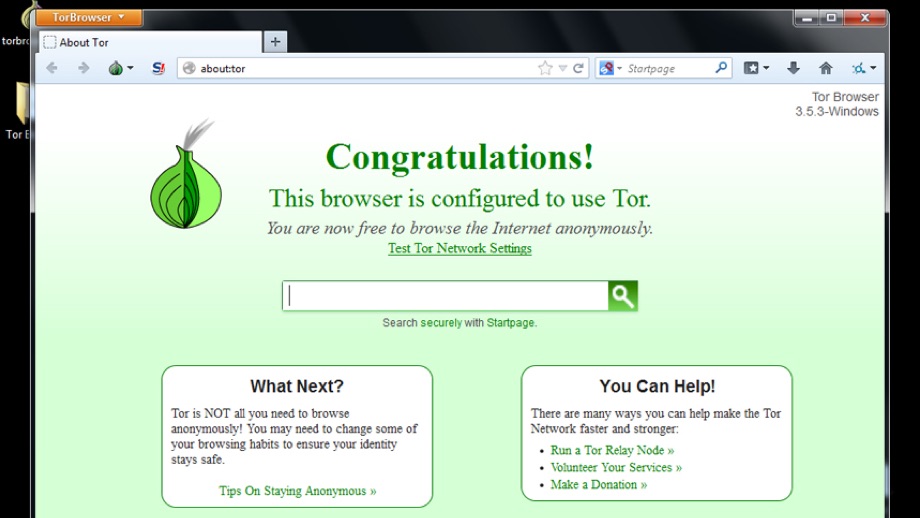
Tor (The Onion Router) Browser hides your activity and location online by routing all your browsing through multiple anonymous servers, thereby concealing where you are and making it hard (but not impossible) to identify who’s doing what online. That means it’s a good way to access sites that repressive authorities don’t want people to see, for whistleblowers to report corruption and illegal activity without getting fired or worse, and to access the deep web.
The deep web is an internet within the internet, not indexed by search engines, and sites ending with the .onion suffix and can only be accessed via Tor. As you’d expect, some of those sites are secret for perfectly good reasons – they’re sharing information that someone, somewhere doesn’t want shared – but others are secret because they’re fantastically illegal. Browse at your peril and remember that Tor Browser makes it hard to find you, but doesn’t offer 100% unbreakable anonymity. In fact, just using Tor may flag you as a person worth watching, and it’s banned on many public networks.
There are plenty of legitimate uses though, and not just if you’re a political activist. Tor can give you internet access when your internet provider’s <a target="_blank" …read more
Source:: techradar.com – PC and Mac

 Previous post
Previous post